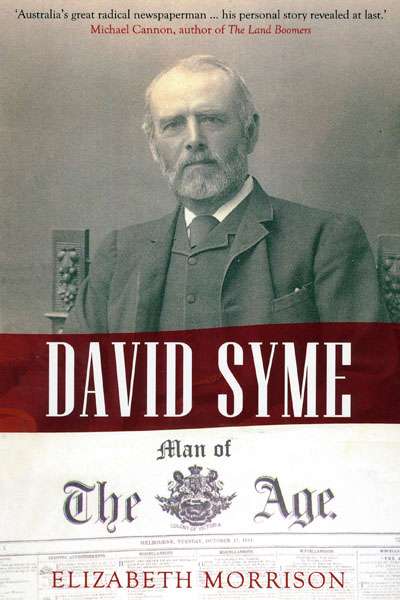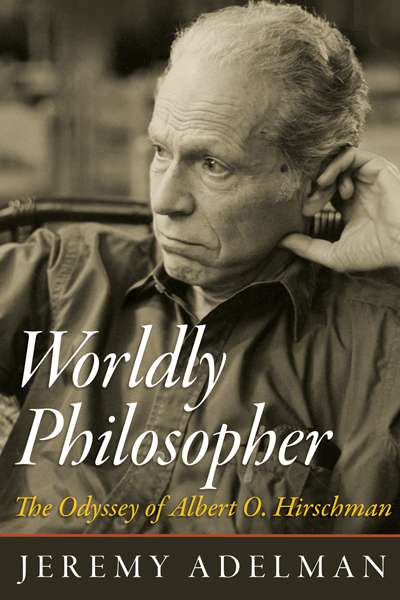Biography
Acute Misfortune: The life and death of Adam Cullen by Erik Jensen
by Peter Rose •
Josephine Baker and the Rainbow Tribe by Matthew Pratt Guterl
by Colin Nettelbeck •
An Unsentimental Bloke: The life and work of C.J. Dennis by Philip Butterss
by Dennis Haskell •
Worldly Philosopher by Jeremy Adelman & The Essential Hirschman edited by Jeremy Adelman
by Adrian Walsh •
A Spy among Friends: Kim Philby and the Great Betrayal by Ben Macintyre
by Sheila Fitzpatrick •
Hans Christian Andersen: European witness by Paul Binding
by Kári Gíslason •
Music at Midnight: The life and poetry of George Herbert by John Drury
by Ian Donaldson •
Wilhelm II: Into the abyss of war and exile, 1900–1941 by John C.G. Rohl
by Miriam Cosic •










